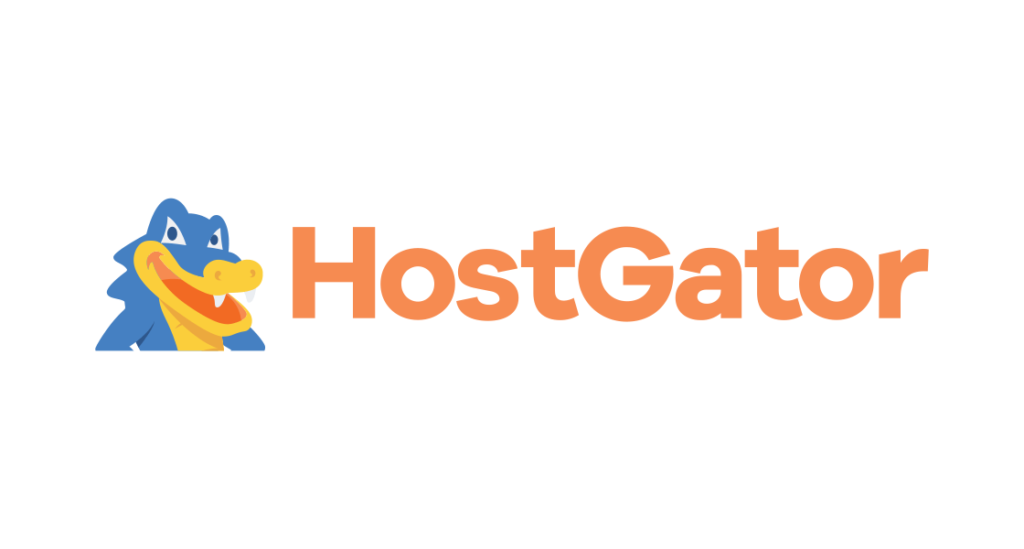This Entrepreneur Built a Million-Dollar Web-Hosting Company While in College
Hosting websites like HostGator on the internet is a great business because nowadays everyone is on the internet! With the dot com bubble being bigger than ever before, companies are fighting it out to grow their online presence. Since most of the customers have migrated to the digital market, companies had to follow suit as well, and soon enough digital marketing took shape. Having a great online presence ensures a steady stream of customers. But with so many companies out there, how do companies ensure that they make a mark? Web hosting services help companies provide quality service, and create unique designs, at the same time. This time, we will be taking a look at one such hosting service, that is making its presence felt. Here’s how a company formed in freshman year of college, is now taking over the digital space.
Creating HostGator
The idea for HostGator came to Brent Oxley when he was in college. Brian joined Florida Atlantic University, knowing he had to make it big. Since it was the first time in years, he had free time, he spent the first few months just making friends and socializing. However, he soon realized that though he was having a great time, he was also wasting his time. Therefore, Brent switched lanes and started thinking of ideas to get out of college and start his own thing.
Since he had only a few thousand dollars as savings, he knew he had to look for something internet-based, as they require less capital. Brent had been noticing for a while that the advertising market was quite unstable, to say the least. Since he required a recurring revenue source, he chose to try his hand at web hosting. That’s how the idea of HostGator came to be.
Handling College
Soon after, Brent Oxley sat in his dorm room working away on his keyboard, searching for the aptest name for his service. Most of the domain names he had in mind were already taken, and he ended up trying over a hundred names. Finally, he ended up with Hostgator.com., while hostlion.com. also made it to the last round of selection. He then went on to register his domain as HostGator in 2002. However, his dorm room wasn’t the best place to work in, with loud roommates, bad AC and internet connection playing spoil-sport. He ended up speaking to the IT Manager almost every day, regarding the multi-hour outages. However, college life went on, with the dorm room serving as the headquarters for HostGator. Brent would go to class, and then complete all his homework and work from previous classes over there, so that he had more time for Hostgator. Thanks to his effort, by the end of the first semester, the business started to take off. It then became very difficult to juggle classes and his start-up. Finally, mid-way through the second semester, it got to a point wherein he was awake at night making support and sales calls!
Education vs Start-up
Brent pulled through the first year and then got the entire summer for himself to focus on HG. The business started to thrive and Brian invested $1,000 of his into the startup. When summer drew to a close, Brent had two options; either drop out or shut his business! Brent felt confident enough to go with the former, though he faced strict resistance from home. Most of his extended family and friends believed that this would be the worst mistake of his life. However, eventually, they all came around, and Brent dropped out to focus on his business. In 2003, Brent’s venture had 112 active customers, and one year later, that number multiplied to become 1,031 active customers.
Figuring Things Out
HG launched a reseller hosting along with shared hosting and took a couple of years to get their dedicated hosting services online. Brent hated reseller hosting initially, as the resellers kept asking him for technical support. However, once he started experimenting with advertising, he fell in love with the concept, and since then, has invested in this market-space. HG started their advertising campaigns on Yahoo with a $1,200 campaign that yielded no results. However, the process taught Brian that he could convert resellers to customers for $80 a piece. HG then became one of the first services to invest in unlimited domains, and quickly the company exploded!
Brent also recalls how in the first two years of starting HG, he was always on the phone providing support and making sales calls. Three years later, most of his responsibilities included expansion, deals and doing sales. Now that the company has established itself, the CEO finds himself focusing on customer satisfaction and HR. Since the early days, the business has grown exponentially and now has over 400,000 customers. Over the years, the company has also paid a lot of attention to its reputation. The follow all social media handles carefully, and always apologizes if any customer had a bad experience. They are also very keen on making things right, and this has helped them make promoters out of bashers!
Expansion and Hiring
In 2006, the company’s Ontario office opened, making it their first international office. The same year, the company outgrew its modest 2,000 square foot office in Boca Raton and moved to a much bigger 25,000 square foot building in Texas. Along with the company, forty of the company’s fifty Florida employees also made the move, marking a huge shift in their operations. The company also branched into the field of SEO Hosting a couple of years earlier, and the business is doing phenomenal. Seohosting.com contributes a significant amount to the company’s revenue. The company launched its own blog in 2007, coming out with its first post on May 4th,2007. The blog officially called Gator Crossing has become wildly successful due to its relevant and concise posts on web-hosting and digital marketing. That same year, the company opened its second international office in Santa Catarina, Brazil.
Fast Growth and Acquisition
Fast forward two years, the company hit 200,000 customers, having reached their first 100,000 in mid-2008! The company kept growing at an unprecedented rate, and by 2010 outgrew its Houston office. They again looked West, and soon moved into a massive 100,000 square foot office in Texas. Brent moved to the post of Chairman the same year. Due to them growing in leaps and bounds, the company was also pushing an aggressive HR policy, trying to employ as many talented professionals as possible. In 2011, they hit the 500 employee mark, and hasn’t stopped growing since! In the same years, they received their 5,000,000th LiveChat. Such fast growth rates and impressive revenue generation led to the Endurance International Group acquiring HostGator in 2012. Two years later, the company expanded to include Chinese and Russian markets as well, beginning operations in Mexico, the following year!
This success story proves without a doubt, how sometimes the best things happen to people who take risks. Things would have turned out very differently for Brent if he had chosen to stay on in college. By choosing to follow his dream, Brent established a company that has now become an industry standard. The one-man hosting company has now become an industry stalwart with over 500 employees, and 5 million domain names thanks to his efforts and hard work.

Being a cinephile with a love for all things outdoorsy, Athulya never misses a chance to chase inspiring stories or poke fun at things, even when the subject is herself. Currently pursuing a degree in mechanical engineering, she is someone innately interested in technical and scientific research. Music reviews and op-eds define her as they allow her to explore different perspectives. Though sometimes she thinks she makes more sense playing the guitar than she does while writing.



